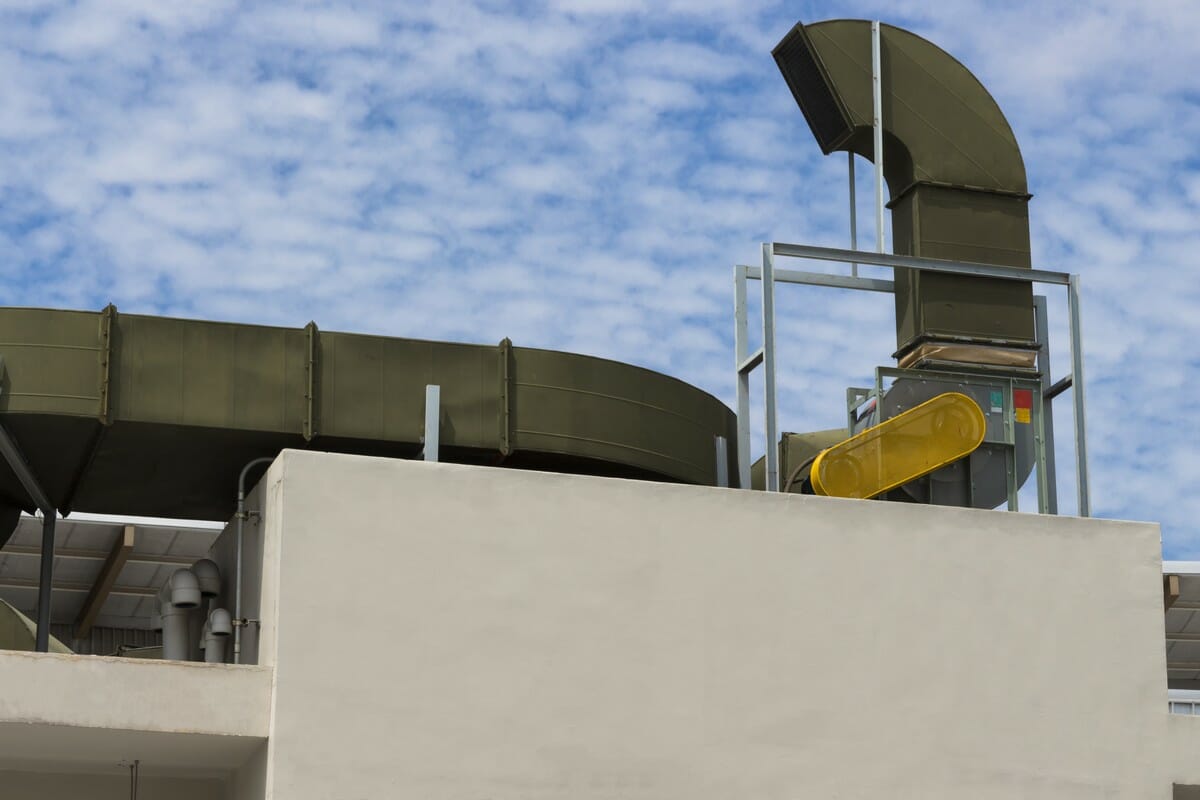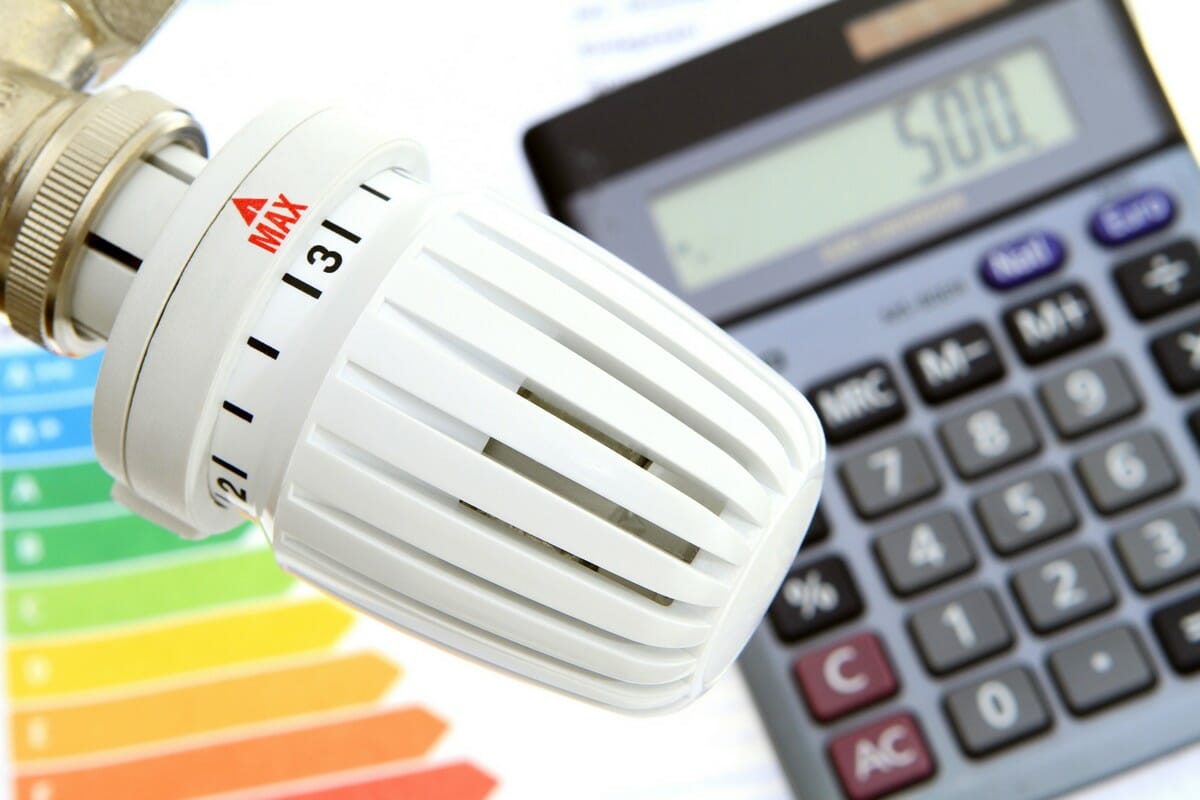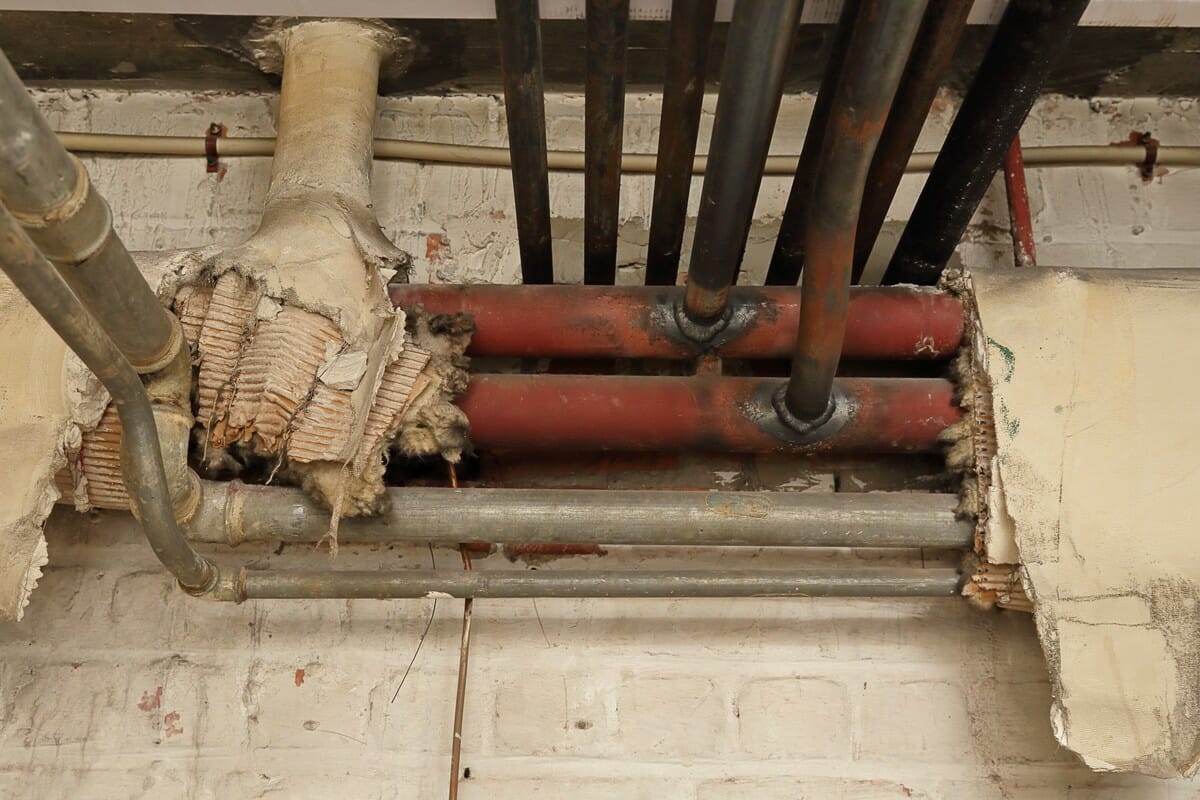Oil Gas Electric Comparison
Table of Contents
- 1 - Oil, Gas, and Electric Comparison
- 2 - What are the Carbon Emissions of Different Energy Sources?
- 3 - Heat Pumps’ Emission Costs
- 4 - Maintenance Costs of Different Energy Sources
- 5 - Government Funds
- 6 - Other Grants
- 7 - Safety of Heat Pumps vs Other Heating
- 8 - Possible Incidents Caused by Traditional Heating
Oil, Gas, and Electric Comparison
The type of fuel you use is a critical consideration as heating and cooling account for a large amount of consumption of the home electricity. We all want to live in a greener, more sustainable home.

Let’s help you make the right choice by comparing oil, gas, and electric heating systems, and especially what their impact on the environment is. Since approximately 50% of the electricity used in the average household is for heating and cooling needs, using less heating and cooling energy can reduce your energy bills, and reduce your environmental impact as well.
Our Guarantee
- Over Six Years Experience
- Unrivaled Experience
- An Exceptional Service
- Unbeatable Value For Money
- Industry-approved Scaffolders
- A Full Range of Heat Pumps Services
- Professional, Reliable and Diligent
- 100% Safety and Satisfaction
What are the Carbon Emissions of Different Energy Sources?
In relation to the energy they produce when burned, different fuels emit different amounts of carbon dioxide (CO2). To examine them, we compare the amount of carbon dioxide produced per heat content across different types of fuel. Here are the current carbon emissions from various heating systems:
- Ground source heat pump (400%): 64 grams CO2 per kWh delivered heat.
- Air source heat pump (320%): 80 grams CO2 per kWh delivered heat.
- Direct electric heating (100%): 256 grams CO2 per kWh delivered heat.
- Gas boiler (85%): 215 grams CO2 per kWh delivered heat.
- Oil Boiler (85%): 320 grams CO2 per kWh delivered heat.
- Coal (50%): 630 grams CO2 per kWh delivered heat.
Environmental Impact of Electric Heating
When it comes to converting a source of fuel to heat energy, few energy sources come close to electricity in terms of cleanness. Typically, the actual conversion process gives off no harmful greenhouse gasses or environmentally hazardous by-products. Most other sources of fuel are in some way harmful to the environment when converted to heat energy.
Environmental Impact of Gas Heating
Natural gas has many qualities that make it an efficient, cost-effective, and comparatively clean source of energy. Nevertheless, the production of natural gas and its use have some environmental and safety issues to consider.
Gas systems produce harmful emissions of carbon and could become obsolete in just a matter of years. While natural gas is most often cheaper and more efficient, there are downsides to it. Gas is a source of non-renewable energy and is a fossil fuel, although still the cleanest fossil fuel. The extraction of natural gas can also be troublesome.
Other forms of natural gas, called “conventional”, are available and inexpensive for extraction. Certain types – “non-conventional” natural gases – pose accessibility issues that involve deep drilling or other extraction methods such as hydraulic fracturing.
Those methods of extraction are controversial because of their environmental impact. Although natural gas may seem a winning choice for using, you have to consider the cost of producing it, both economic and environmental.
Burning natural gas for electricity results in lower emissions of virtually all forms of air contaminants and carbon dioxide (CO2), relative to burning coal or petroleum fuels to generate an equivalent amount of fuel. Natural gas produces 117 pounds of CO2 per million British thermal units (MMBtu), while coal produces more than 200 pounds of CO2 per MMBtu, and fuel oil produces more than 160 pounds per MMBtu.
We Are Also Available to Offer Heat Pumps Related Advice
Environmental Impact of Oil-fuelled Heating
Despite its higher energy content, burning oil has a much bigger environmental impact. Burning oil produces particulate emissions 130 times higher than those emitted by burning natural gas, which also results in higher levels of carbon dioxide.
Oil-fired boilers that are more modern can be extremely energy-efficient and producers say up to 97% of total seasonal operating efficiencies. Such as with gas boilers, the highest rating boilers can deliver the best performance, and several ‘A’ quality versions are available on the market.
Heat Pumps’ Emission Costs
If you live in a 200 m2 two-floor house, for instance, the house will need a space heating of 55kWh/m2 per year, which translates to 11,000kWh/year for 200 m2. Additionally, you will need domestic hot water or DHW for short.
If the heat pump is properly designed and installed, it will make the water temperature rise to 40 degrees and the in-built electric heaters will get it to the appropriate storage temperature.

If the COP of 4.3 is maintained for the period the house is being heated, the work rate of the electric heaters will decrease. Your DHW’s expenses will be around £395, hitting a gross operating cost of £744/annum – that’s a significant 26% decrease in overall annual running costs.
Maintenance Costs of Different Energy Sources
Heat Pumps’ Maintenance Costs
Heat pumps typically come with a two to three-year warranty. However, the workmanship guarantees for heat pumps can last through things like the QANW (Quality Assured National Warranties) for up to ten years. Many manufacturers will also offer completely free warranty extension options. You can extend them for up to 20 years, but regularly scheduled maintenance will be required.
An annual check by you, followed by a detailed check every three to five years by a professional installer, tends to be more than sufficient. In addition to the once-off construction cost of £7,000 – £17,000, operating costs would vary on a variety of factors like the size of the house and how well it is insulated.
The maintenance cost is usually higher if you go for an open-loop water-source network, although they appear to be more efficient.
Traditional Heating Costs
LPG. The average annual cost of heating and hot water using gas in the UK is £550, based on using around 12,000 kWh a year to your home.
Heating oil. The typical UK household uses gas for central heating, paying about £550 on space heating alone per year. Providing an oil boiler with the same volume of available heat costs around £700 per year. The estimated annual rate, after consuming around 17,000 kWh a year, is £830 for both heating and hot water using heating oil in the UK.
Heat Pump Type
Electricity. For electric storage heaters on the lower tariff for Economy 7 (12 am -7 am), the bill will be about £900 per year. Electricity heating is considerably more expensive on the face of it than heating with mains gas (e.g. a boiler).
Wood. There are savings to be had when compared with non-standard heating systems. A wood-burning stove is 77% cheaper to run than an electric fire, 29% cheaper per kW than a gas effect fire, and 43% cheaper than an oil and LPG fire, respectively. There are three different types of fuel: pellets, wood chips, and logs. The average price per kilogram of wood pellets is £245, logs £100, and chips of wood £60. The amount you can buy will depend on your storage space but it will save you cash by buying in bulk. The cheapest fuel to use is wood chips at 2.9p per kWh.

Remember, this cost is simply a guide to help you compare the costs of various types of fuel.
Government Funds
Renewable Heat Incentive
The UK Government realised that the overall cost of renewable heat could put people off going green, so they introduced the Renewable Heat Incentive (RHI) financial subsidy. If you meet all the requirements for applying for the RHI scheme, you will earn an annual grant of about £1,000 a year from the government for seven years as a contribution to the expense of implementing a renewable energy solution.
Other Grants
Assignment of Rights (AoR)
If you don’t have savings or a disposable income, AoR is a viable alternative. Here’s how it works: you set up a ground source heating system with a private investment fund. Then the investor gets to claim the Renewable Heat Incentive earnings you’d be eligible for. This will serve as a return on investment to the investor.
Home Energy Scotland Loan
There’s no doubt that the initial installation cost for just a small heat pump system can make your heart skip a beat. But if you’re Scottish, then don’t fret. The Home Energy Scotland Loan offers tenants and private sector landlords the ability to receive up to £38,500 in interest-free loans from the Scottish Government for the purpose of implementing renewable energy systems to a building or enhancing its energy performance.
We Are Also Available to Offer Heat Pumps Related Advice
Safety of Heat Pumps vs Other Heating
Heat pumps do not burn fuel the way propane or gas furnaces do. Since heat pumps move heat from one location to another, they don’t need to burn fuel for heat production. Instead, they rely on electricity to move heat – and not much, either. This also means that they have fewer safety concerns than electric furnaces, which use high-voltage currents. So, a heat pump generally offers little danger from electricity and no danger from natural gas or propane by-products.
Possible Incidents Caused by Traditional Heating

Fires. Some traditional heating systems might also set fire to curtains, clothes, or other objects. So, make sure flammable materials are not put near the heater. Also. never leave heaters unattended, or leave them on when you’re out of the house. Some heaters, especially the small ones, can overturn and cause a carbon fire.
Carbon Monoxide Poisoning. For electric heating systems this is not a risk, but definitely for all else: gas, wood, coal, and charcoal. You can’t smell or see carbon monoxide, which is what makes it so dangerous. It might already be too late by the time you notice something is wrong. Carbon monoxide is created when every carbon-based fuel is not combusted completely. Deficient appliances used in confined spaces pose a high risk, as do home-made coal-fire stoves.
Built-in gas furnaces are becoming very popular since they are relatively cheap to run and very efficient to heat living spaces, but a leaking gas pipe may cause carbon monoxide poisoning or fire.
Heat Pumps are Much Safer
Heat pumps are much better than combustion-powered devices. They are cheaper to operate than oil and gas boilers. The machine reduces carbon emissions and has an effective energy-to-heat transfer efficiency. They are also highly reliable and guarantee a constant heat supply.
We Are Also Available to Offer Heat Pumps Related Advice
